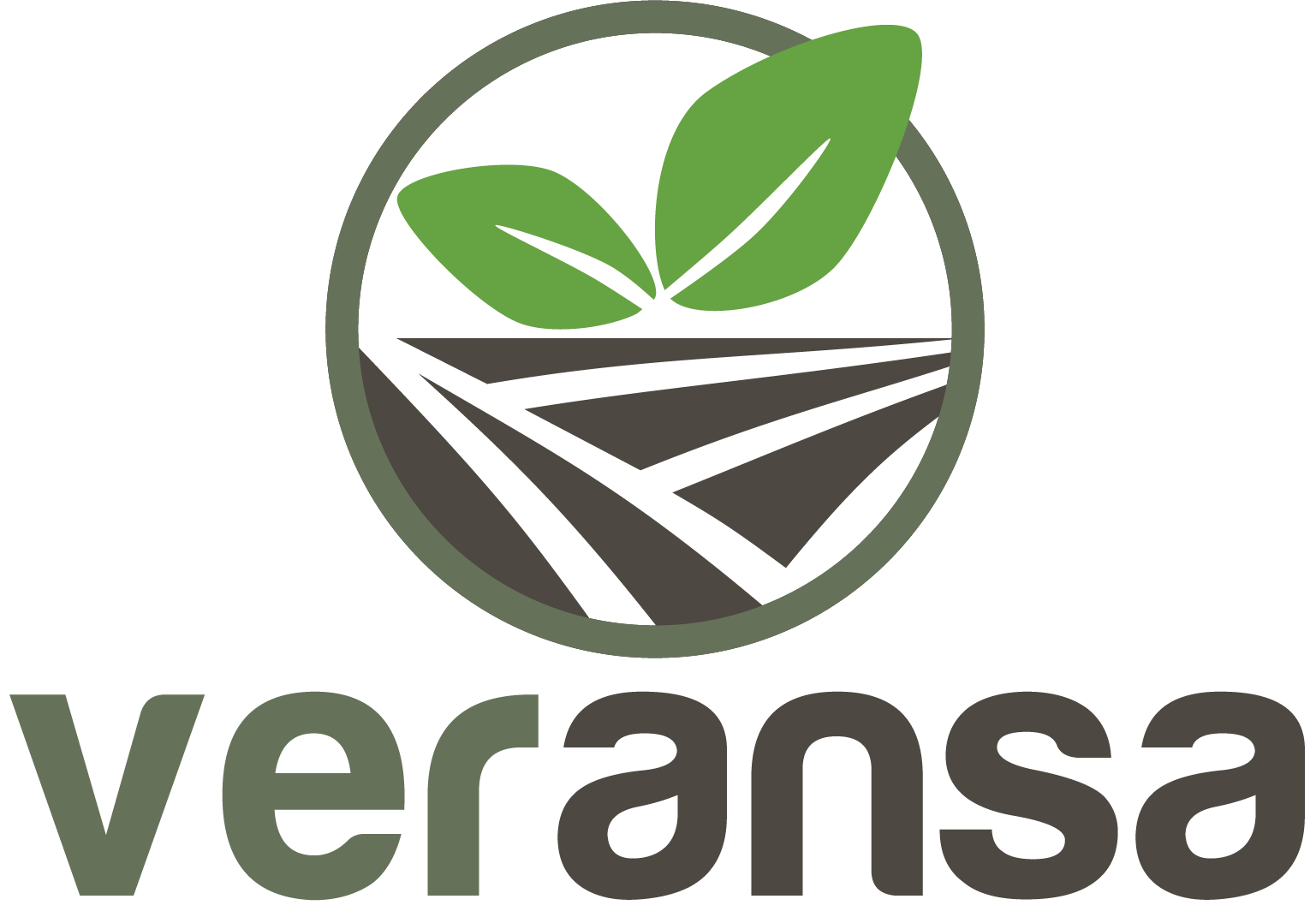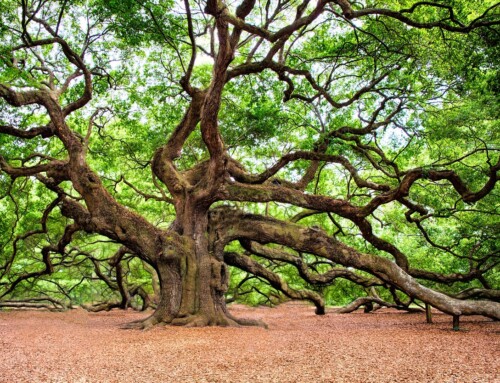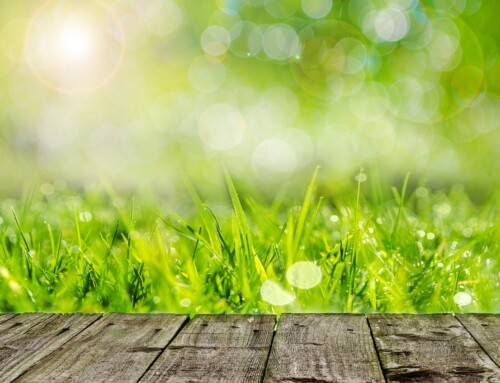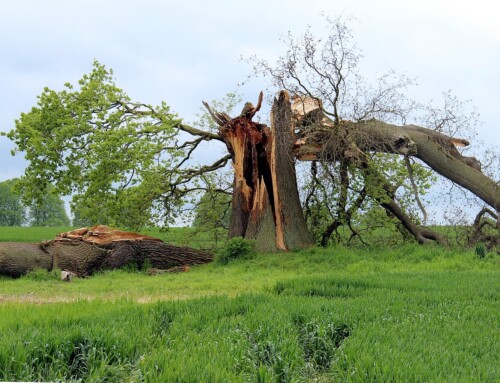Some Florida landscapers and gardeners know all too well the issues with much of the Sunshine State’s soil. Although the goal is always healthy, robust plant growth, this cannot be achieved in the wrong soil. The clay soil or sandy dirt prevalent in some regions makes it difficult to cultivate plants and crops without amending the soil. While the peaty soils of more southern areas need less amendment, coastal regions still struggle with sand and clay.
Did You Know? “Myakka soil” is a grey, fine soil that is unique to Florida and can be found throughout the state. Although many regions have different soils, Myakka shows up in some amount nearly everywhere.
Determining Soil Health
Healthy soil has a crumbly texture, contains nutrients and drains efficiently – while retaining sufficient moisture to avoid dried out plant roots. Peaty ground exhibits all these attributes, so gardeners in south Florida typically do not need to add as many amendments as those in North, Central, and panhandle regions.
Poor soil – that is, soil that does not lend itself to healthy plant growth – has several attributes. These include:
- It doesn’t adequately retain moisture or nutrients: This is the primary issue with sandy dirt. The soil contains large rock particles with ample space between them. These spaces allow nutrients and water to pass through rapidly without absorption.
- It has become compacted: Clay soil is inadequate for gardening because it compacts easily. Its particles press together tightly, prohibiting moisture and roots from penetrating easily.
- It is in a new construction area: Dirt in new residential or commercial areas is typically poor for several reasons. For starters, it is heavily compacted by vehicle and foot traffic and may even contain construction debris. Most importantly, the soil is typically “fill dirt,” which is nutrient-depleted and not conducive (without amendment) to healthy growth.
Improving Sandy Florida Soil
If your soil is too sandy, you will have two goals when amending it. 1) to retain more water and 2) to boost its nutrient content. You can achieve water retention by adding vermiculite or peat and improve nutrients by mixing in animal manure or composted yard waste (including grass clippings and leaves).
Most plant root systems only reach down about 6 inches, so this is the depth you’ll want to concentrate on amending.
- Apply your amendments prior to adding plants whenever possible.
- Add more organic matter to the soil annually, as it will decompose.
- Mulch around plants with bark nuggets, wood chips, leaves, straw, or hay. While mulch is used to protect roots from heat, retain moisture and make the place look more aesthetically pleasing, the right mulch will also decompose and enrich the ground with nutrients. (Read: More About Organic Mulch)
Amending Clay Soil
Clay soil does offer nutrients, but plants have a hard time accessing what they need because of its density. Unlike rocky soil (which exhibits gaps) clay’s small particles tightly press together, leaving no room for plant roots.
Wet clay soils can become waterlogged and sticky, while dry clay soils can be chunky, dense, and hard. However, amending clay soil can improve its texture and allow plants or crops to benefit from its nutrient-rich matter. The secret to improving clay soil is also adding organic matter (grass clippings, compost, shredded leaves) mixed down to eight to 12 inches. As these elements decompose, the soil will continue to improve. Expert Tip: It’s easiest to add amendments when the clay is more dry than wet.
In Summary: Florida Soil and Amendments
While not all soils are created equal for gardening and farming, hope is not lost. With some patience, you can successfully amend your soil and see fantastic improvements in yield. At the Veransa Group, we specialize in Florida soil, producing organic soil amendments, compost, and mulch from yard and wood waste. Our process not only keeps these materials out of landfills but returns valuable nutrients and viability back into our local soil. We invite you to read more about our mission and our products here.
If you are unsure of your soil type and how to properly amend it, you can send soil samples to the University of Florida/IFAS Extension Soil Testing Laboratory or visit one of Veransa’s five area locations.



